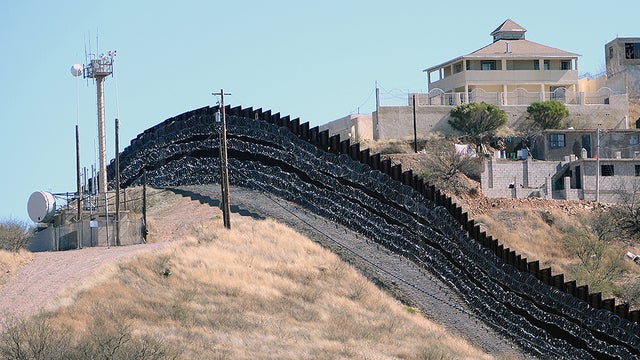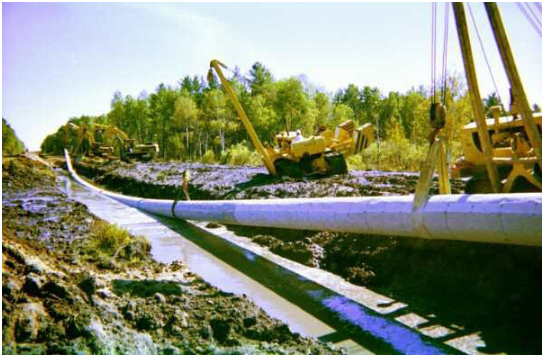
The National En vironmental Policy Act (NEPA) is one of the most effective tools in the fight against environmental racism. It is essential to ensuring that communities of color, who so often bear a disproportionate pollution burden, get a say in the decision-making processes that are most likely to affect their health, resiliency, and vitality.

The Environmental Protection Agency has decided to stop the combination of letter and numeral grades for evaluating Environmental Impact Statements prepared by the federal agencies. The two-factor grading system graded both the quality of the analysis and the actual level of environmental impact. This change will dim the transparency of the federal agencies’ work. This new policy will make it much harder for the public or press to judge early-on the seriousness of environmental impacts of the project and the quality of the agencies’ analysis of that impact. There’s a simple analogy: What if we got rid of grades in schools?

There is significant bipartisan agreement that the need to fix the nation’s crumbling infrastructure is critical. However, the environmental review process for permitting these infrastructure projects often becomes the scapegoat for any delays. Because of this, there have been a number of efforts to amend, weaken, and even scrap federal environmental review requirements over the years. But this review is critical—not only because it protects clean air and clean water for U.S. residents but also because it allows for public input to be collected and considered, ensuring that affected communities have a chance to weigh in on project alternatives.

This week, the Trump administration initiated a process to open up the National Environmental Policy Act (NEPA) to potentially serious revisions. If the Trump administration’s infrastructure plan or countless other rollbacks to bedrock laws protecting our environment and public health are anything to go by, that’s bad news for the “Magna Carta” of environmental laws. Really bad news.

A 3-2 majority of the Federal Energy Regulatory Commission (FERC) unveiled a new policy last Friday that limits FERC’s analysis and disclosure of the environmental impacts of natural gas pipeline projects. The decision is a step backward for FERC, right when it is soliciting public comment on how to improve its pipeline project reviews.